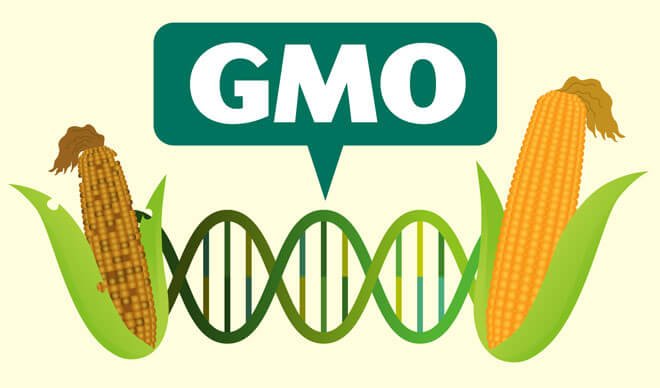Ghana engages US on AGOA renewal, tariffs and trade balance
Ghana has affirmed its commitment to strengthening economic cooperation with the United States, as Trade, Agribusiness and Industry Minister, Elizabeth Ofosu-Adjare, met senior U.S. officials in Washington, D.C., to address critical trade policy issues impacting both countries.
The high-level meeting came in the wake of renewed protectionist measures under the United States’ revived “America First” Trade Policy.
The policy, reintroduced by the Trump administration in early 2025, imposes a blanket 10 per cent tariff on imports from several countries, including Ghana, and threatens to undercut long-standing preferential arrangements such as the African Growth and Opportunity Act (AGOA).
The Ministry, in a statement, said the discussions focused on AGOA, Ghana’s Local Content Policy, U.S. import regulations, outstanding debts to American firms, and the revival of the Trade and Investment Framework Agreement (TIFA).
The Minister emphasised the importance of AGOA in attracting U.S. investment, particularly, in Ghana’s growing garment and textile industry.
She reiterated Ghana’s strong support for the renewal of the agreement, which is set to expire in September 2025.
“AGOA has been a win-win framework that not only creates jobs and fosters economic growth in Ghana but also benefits U.S. industries sourcing competitive African goods,” she said.
AGOA, enacted in 2000, provides duty-free access to over 1,800 products from eligible sub-Saharan African countries.
Ghanaian exports under the agreement have included cocoa derivatives, textiles, gold jewellery, cashew nuts, and shea butter.
However, with the new tariff regime casting uncertainty over future market access, Ghana is urging urgent consultations to preserve the gains made under AGOA and to explore updated frameworks that reflect current trade dynamics.
The Minister also addressed concerns over Ghana’s local content policies, particularly their implications for U.S. mining firms operating in the country. Both parties agreed on the need for constructive engagement to balance Ghana’s development goals with the expectations of foreign investors.
The discussions also underscored reactivating the TIFA platform, a structured bilateral mechanism to strengthen trade and investment relations.
As a follow-up, Madam Ofosu-Adjare is scheduled to meet with officials at the U.S. Trade Representative’s Office in the coming weeks to continue consultations.
The United States delegation welcomed Ghana’s initiative to engage directly, signalling its willingness to collaborate on shared priorities.
Representing the United States were Mr Thomas Bruns, Deputy Assistant Secretary for the Middle East and Africa at the Department of Commerce, and Mr Giancarlo Cavallo, Acting Director and Designated Federal Officer for the President’s Advisory Council on Doing Business in Africa (PAC-DBIA).
Ghana and the United States have long maintained robust trade relations, with total goods trade reaching US$2.1 billion in 2024.
U.S. exports to Ghana stood at US$967 million, while Ghanaian exports to the U.S. reached US$1.2 billion.
However, the balance has shifted, with a growing U.S. goods trade deficit of more than US$200 million.
The recent “America First” policy originally championed by former President Trump during his first term and revived after his re-election- has triggered global concern.
A sweeping executive order issued in January 2025 authorised reciprocal tariffs and the review of all major trade agreements. By April, tariffs as high as 50 per cent had been applied to select imports from some countries.
These developments have pushed Ghana to strengthen its commitment to diversify its export markets through the African Continental Free Trade Area (AfCFTA), while still seeking strong bilateral ties with major economies like the United States.
Madam Ofosu-Adjare’s diplomatic overtures are part of Ghana’s strategy to preserve access to U.S. markets, protect local industries, and promote a stable investment climate for mutual benefit.
Madam Ofosu-Adjare was accompanied by Ambassador Jane Gasu Aheto, Acting Head of Mission; Dr Mary Awusi, Chief Executive Officer of the Ghana Free Zones Authority; and Mr Abdul Razak, Deputy CEO of the Ghana Investment Promotion Centre.
Source: GNA
















